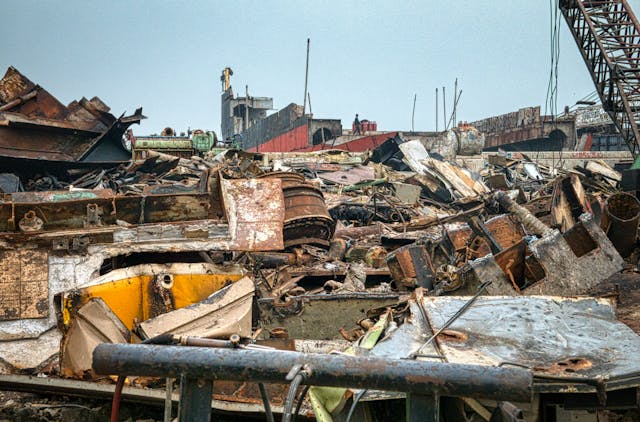Home » News » 2024 » August
News Brief
Aug. 7, 2024 |
By: Will Walkey - Missouri Independent
Groups renew calls to address radioactive contamination in food, water

By Will Walkey - Missouri Independent
Some organizations are renewing calls to address radioactive contamination in U.S. food and drinking water.
The issue has gained prevalence in the past year, since Japan has started releasing treated and diluted radioactive wastewater into the Pacific Ocean from the major nuclear accident in Fukushima in 2011.
James Gormley, president of the advocacy group Citizens for Health, said in a webinar some of the substances in the wastewater can make their way into fish and other foods, and it can have harmful effects on ecosystems and the public.
"The most important effect is the effect on people," Gormley emphasized. "Bioaccumulation in the oceans. Bioaccumulation in people and in their organs. Pathological effects, epidemiological effects."
Some Missourians are familiar with the effect of radioactive contamination. Several St. Louis neighborhoods saw elevated cancer levels in the mid-20th century, after atomic waste spilled and contaminated the area.
Multiple state lawmakers have supported compensating the communities exposed to radiation.
The Food and Drug Administration has said it's maintaining its radioactivity standards as Japan discharges wastewater and doesn't expect changes to food or water supplies.
Some scientists have said they would like to see tighter standards and enhanced testing.
Bob Richmond, research professor and director of the Kewalo Marine Laboratory at the University of Hawaii-Manoa, agrees. In the same webinar, he explained once a company dumps something into the ocean, it does not quickly dilute.
"The ocean is not a sterile aquarium, and once these radionuclides go into the ocean, they are taken up," Richmond explained. "They are tropically transferred throughout the food web, and they can be bioaccumulated and biomagnified in organisms."
The FDA said it has tested numerous Japanese products including seafood, tea and ginger and has not detected anything close to problematic. Still, it will be an ongoing issue, as discharges at Fukushima are scheduled to continue for the next 30 years.
![]()






